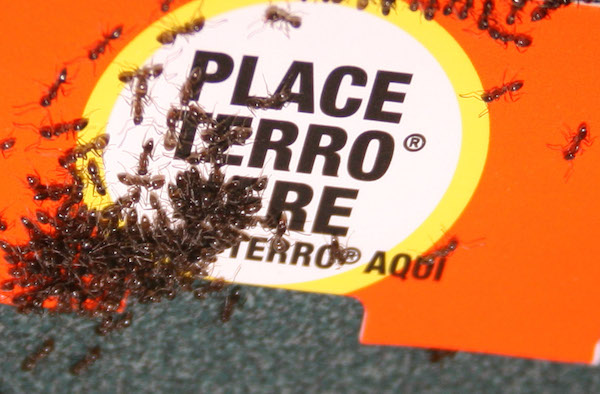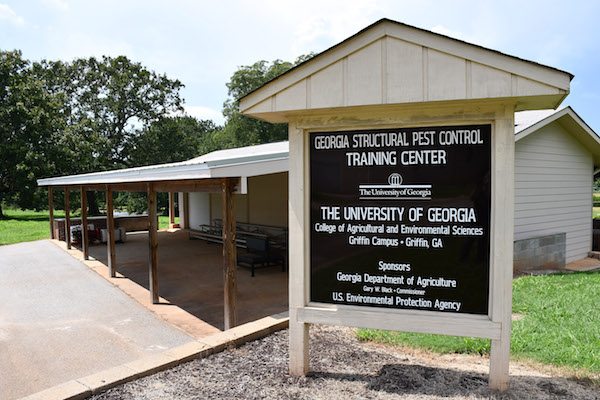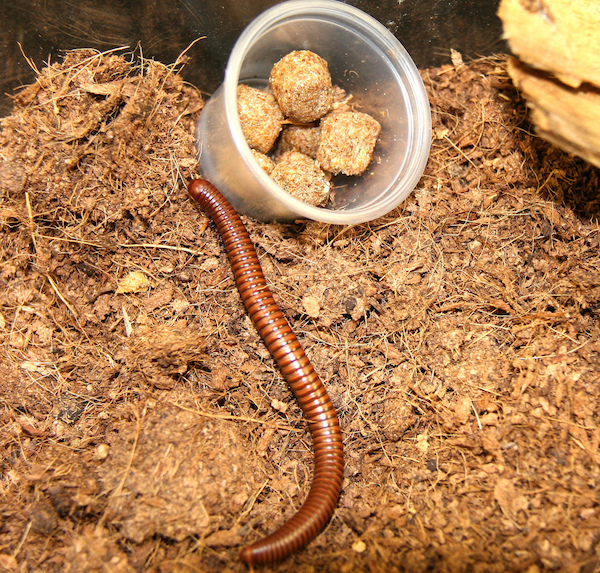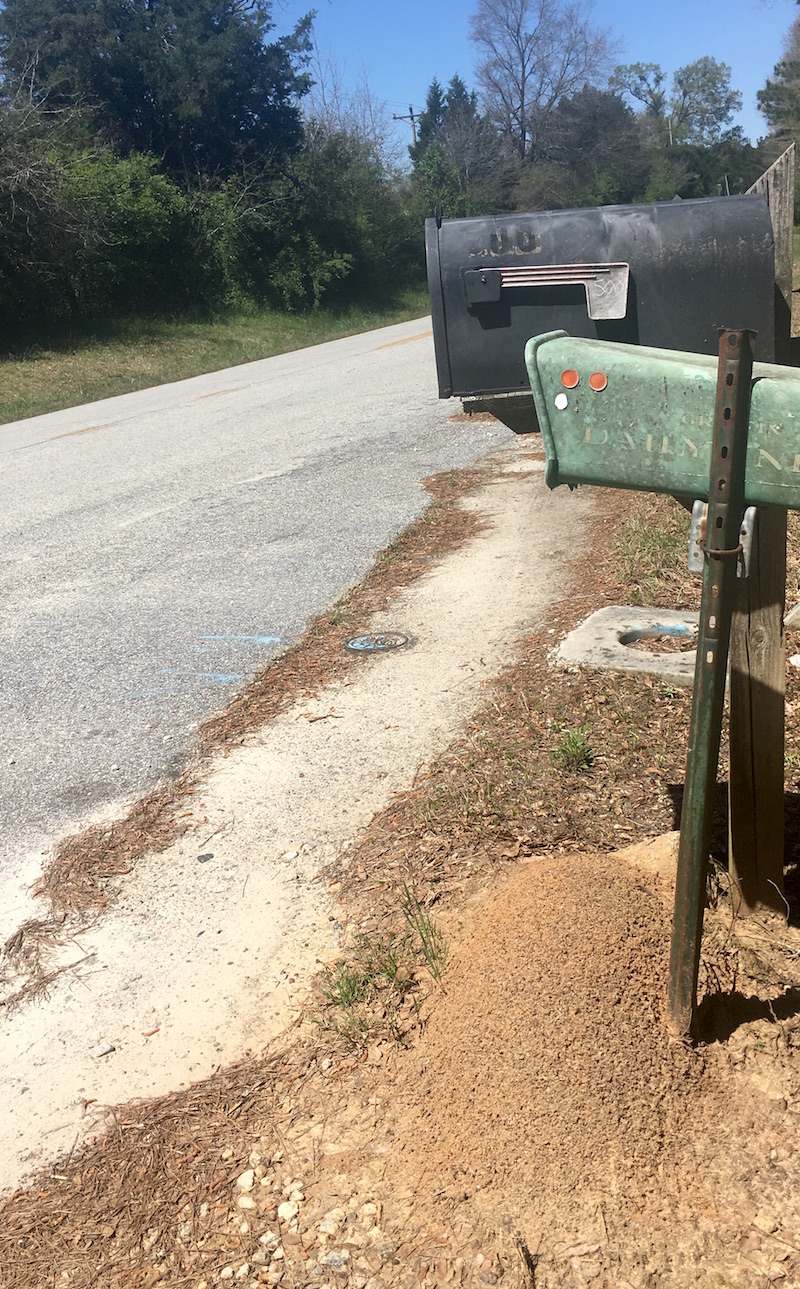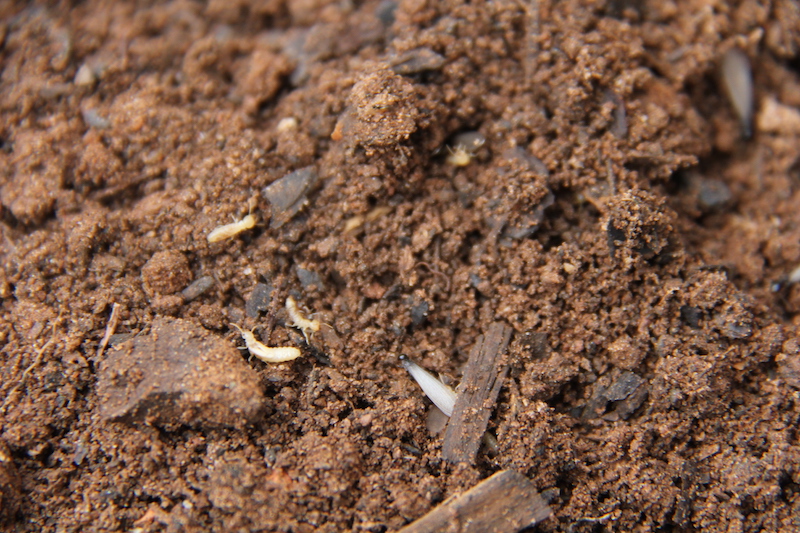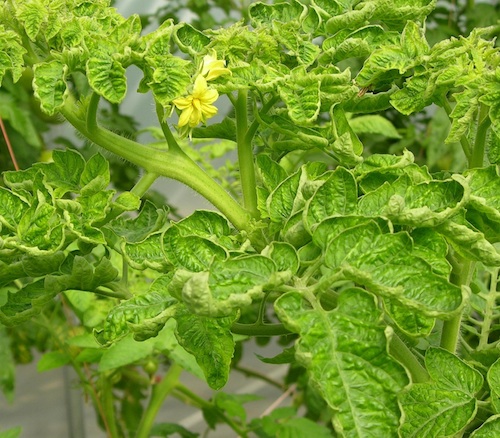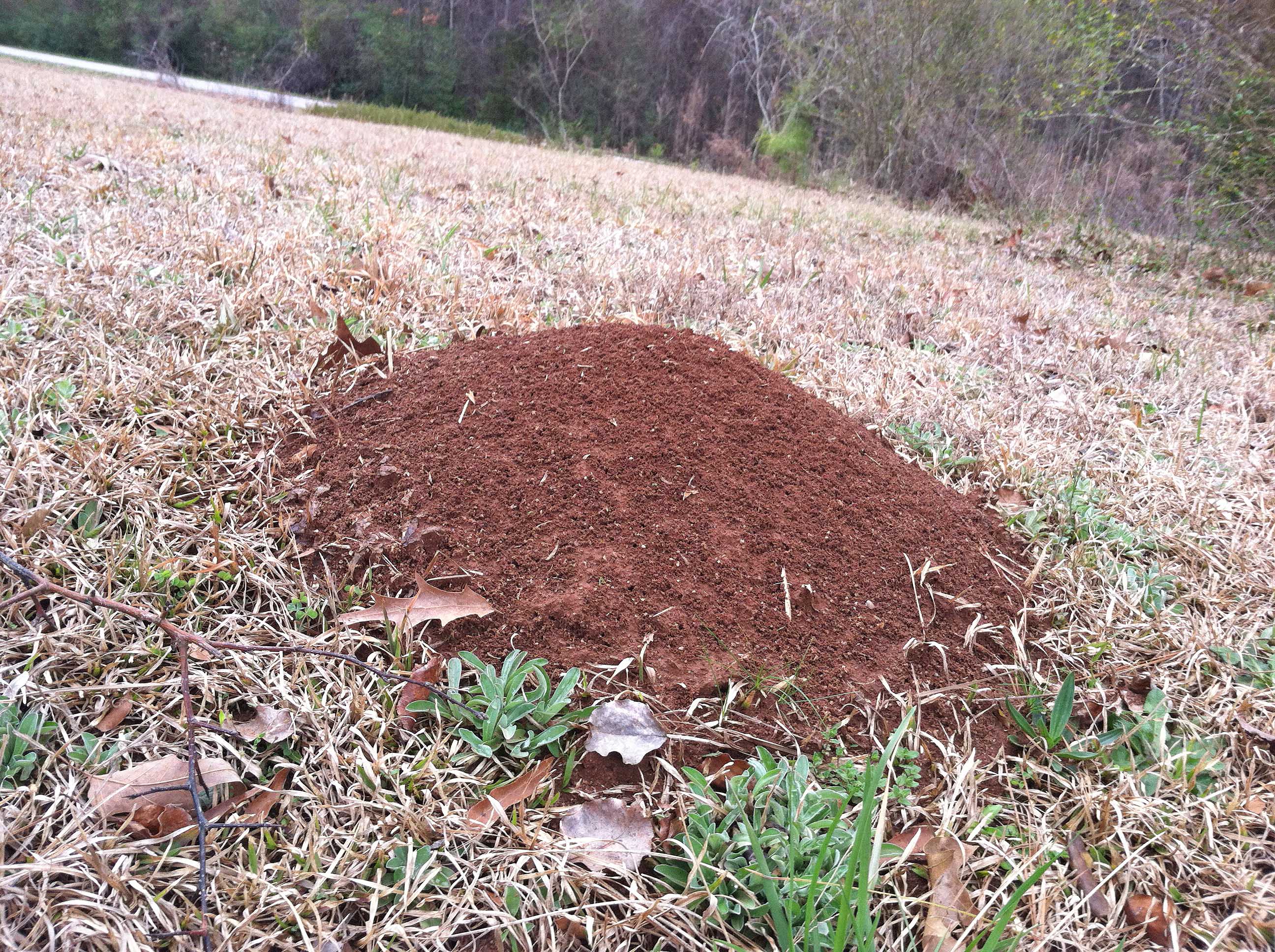 CAES News
CAES News
Fire Ants
Fire ant populations are high in the fall and ants haven’t yet burrowed deep into the soil for winter. Among others, these are the reasons University of Georgia entomologists say that now is the perfect time to treat for them.

